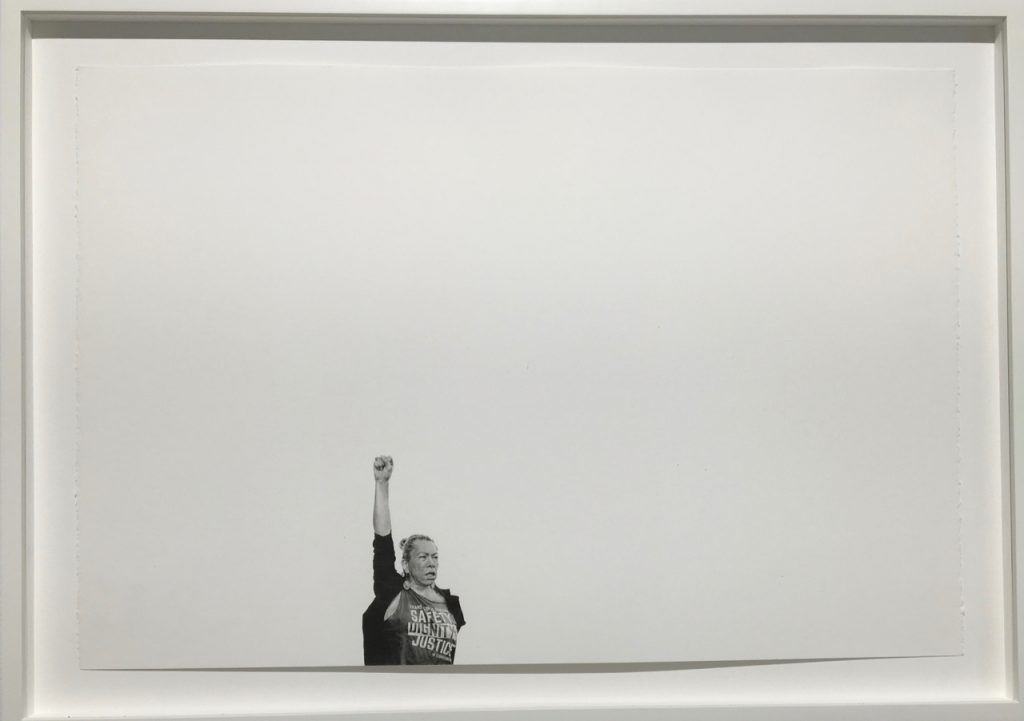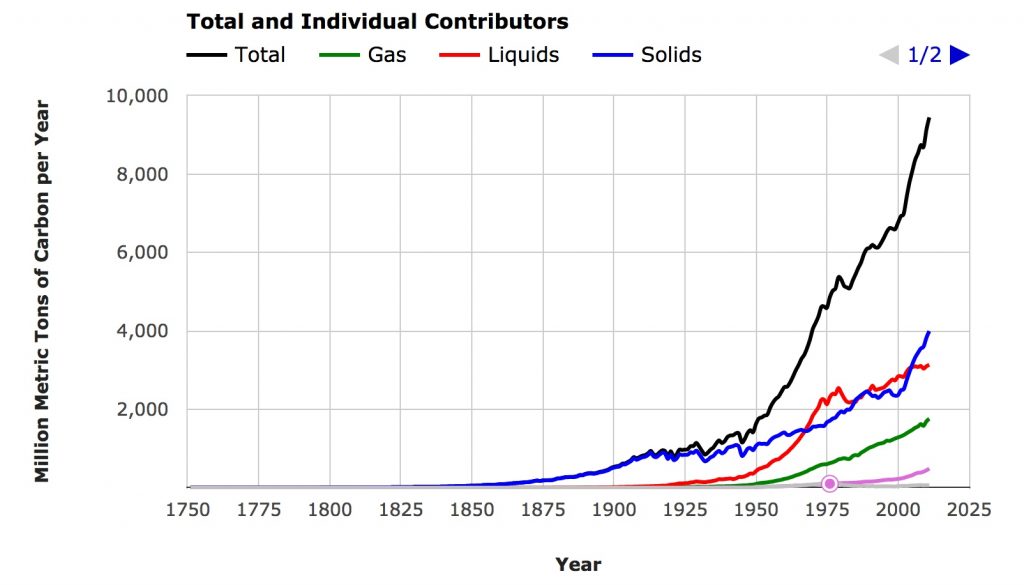Ever wonder where all the scary, white clowns went? They’re in power, of course. Because racial capitalism and petrocracy, the rule of fossil fuel, have been in a deep embrace since neoliberalism began. And children of the multiplex that we are, we know what happens when you are smothered in toxic materials like crude oil. You mutate.

Mutant capital thinks like the Joker. Let’s use nuclear weapons! It’s fine if people starve themselves to death! And, of course, drill, baby, drill. Never mind that the consequences will be mutually assured destruction, the mother of all Intifadas and ge(n)ocide. It produces scenes like the Australian finance minister waving coal in Parliament as his solution to a climate-change induced heatwave.

That’s the situation. It is the current mess we’re in. It’s a mutant replay of the onset of the neoliberal phase of racial capitalism in 1979-80 under Mrs. Thatcher in the UK and Reagan in the US. And it’s mutated wherever racialized capital has produced its divisive effects, from France to India, South Africa and beyond.
Of course these places are not simply the same. The situation, also known in Marxist-speak as the “conjuncture,” was defined by Stuart Hall as “related but distinct contradictions, moving according to very different tempos.” Grace Lee Boggs’ famous question “What time is it on the clock of the world?” is, then, a question about the status of the situation.
In the past, I’ve worked on time-specific projects like Occupy 2012 or After Occupy in 2014. The question now is the uneven temporality of the present, colliding pasts that were thought to be past, with futures that may never be, and differentiated experiences of the present. It’s ongoing, unfolding, mutating.
It’s also a reference to the way that people in Palestine tend to refer to the institutional crisis of settler colonialism as “the situation.” As I write on the tenth day of a hunger strike by 1500 Palestinian prisoners, it’s a situation that should be on all of our minds, every day. I visited Palestine in 2016 for the first time. It was a difficult experience, not just because of the intensity of the oppression but because it made me realize how inadequate my version of “activism” is to the challenges of the situation.
One of the keynotes of the situation is the global implosion of center/center-left neoliberalism. Those outside the dominant super-rich suffered the 2007 recession, waited, saw the elites continuing to gain and have looked for someone to blame. Many have identified those political formations that claimed to be progressive but enabled the intensification of neoliberalism, from the Democrats to the UK Labour Party and France’s Socialist Party.
The contradiction that dominates this political shift is, however, not simply economic. It is the mutation of racism and xenophobia into newly pathological forms. The hostility to Poles in London, to Algerians in Paris, and the continued killings of African Americans by US police are clearly not the same but equally they are related. Further, the connection of racialized hierarchy with revived nationalism opens the way to mutant forms of what was once called national socialism.
Each of these contradictions is made non-linear, or mutant, by the Earth system crisis, itself brought on by racial capital’s post-1980 embrace of petrocracy. The Anthropocene can be measured from 11,700 BC, or 1610, or 1950. But the climate mutated when neoliberalism went global in 1980. Look at the graph.

While the acceleration begins in the 1950s, it goes into overdrive after 1980. Half of all carbon emissions were produced since 1980. It’s gone mutant.
Past time now, then, for what Grace Lee Boggs called {r}evolution—the horizontal construction of autonomous power from below by multiple subjects. {R}evolution is deep. Are you ready for it? Let me tell you this much. It’s a revolution against mutant racial capitalism. But there won’t be a hero to save us, whether from Vermont, or wearing a cape. And it won’t be about getting an electric car or solar panels.
{R}evolution contains evolution: a transformative change in human relationships to each other, to non-human life and to habitat. A change away from fossil-fueled capitalism to constructing sustainable social relations.
{R}evolution is decolonial because it will only be in displacing whiteness’ claim to the “ownership of the Earth, forever and ever, amen,” as WEB Du Bois put it, that the feedback loop of crisis can be ended.
{R}evolution for James and Grace Lee Boggs in 1974
begins with a series of illuminations….A revolutionary period is one in which the only exit is a revolution…. It initiates a new plateau, a new threshold on which human beings can continue to develop.
That’s what you see in Palestine. It’s what you see from other Indigenous communities. The hardest lesson, perhaps, is that it is not measurable in terms of individual lives
{R}evolution is in the spirit of the Black radical tradition, defined by Cedric J. Robinson as:
the continuing development of a collective consciousness informed by the historical struggles for liberation and motivated by the shared sense of obligation to preserve the collective being, the ontological totality.
How do you do that without (vertical) power and without reinstating the past form with different leadership? To create both a genealogy of {r}evolution and its present-day possibility is to interact decolonial resistance to racial capitalism with that to fossil-fueled capital.
Easier said than done? No doubt. But not always so easy to say either. That’s what this project will be, an exploration of pathways to thinking and making {r}evolution.